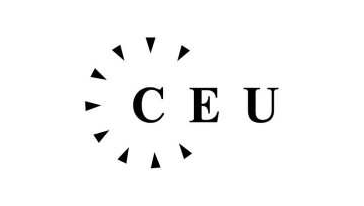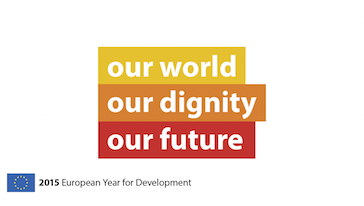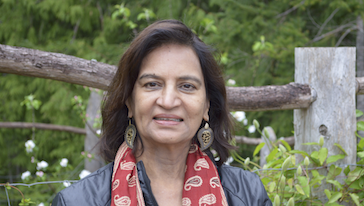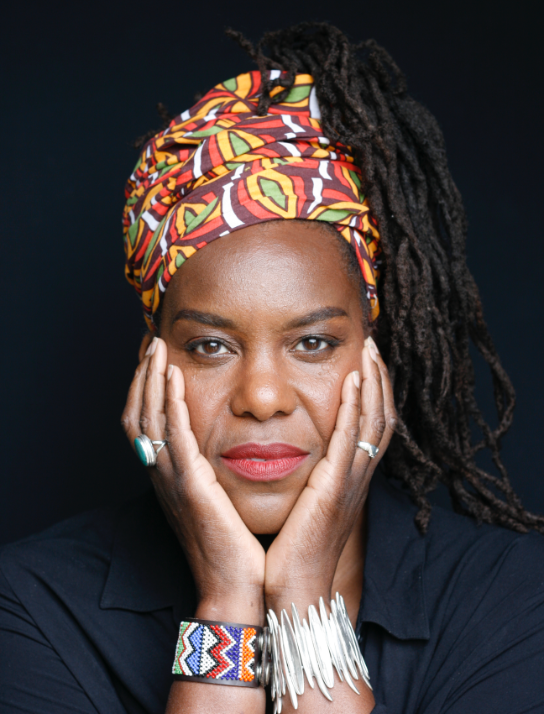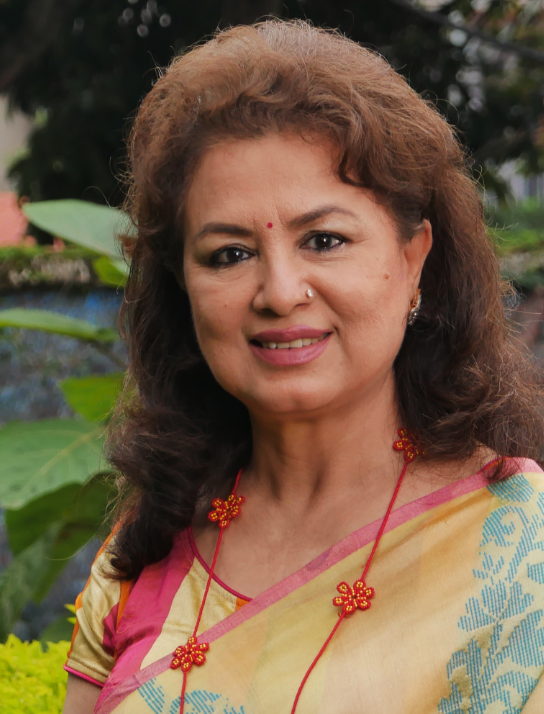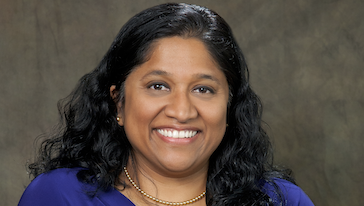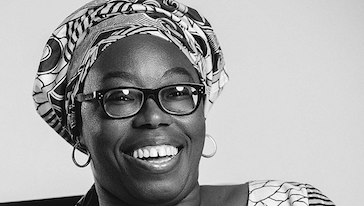„Why it is considered reasonable to intervene when the Taliban in Afghanistan organizes to stop girls from attending school? And why do we hesitate when millions of girls are prevented from attending school by the private decision of millions of individual fathers who are spread over large areas?” – asks Deepa Narayan ahead of her lecture in Budapest.
How can we address gender inequalities that still persist in rich countries and in poor countries? In the USA, with an overall ranking of 20 on the Gender Gap index (World Economic Forum), the pay gap between men and women will take a century to close. The United Nations may have already given up. In the current UN efforts on developing Sustainable Development Goals, gender equality is about the only goal that is not time bound, a direction without commitment. It makes gender equality more difficult to achieve than climate change, which has time bound targets. Given these difficulties, how long then will it take India with more than 500 million girls and women, and an overall ranking of 114 on the gender gap index, to achieve gender equality?
Given this context, we need to fundamentally challenge existing development policy and practice to achieve greater gender equality more quickly.
Drawing on data from the USA and new research on India, a case is made to re-consider the primacy given to economics rather than culture, the public rather than private, and the external rather than internal in our policy thinking.

